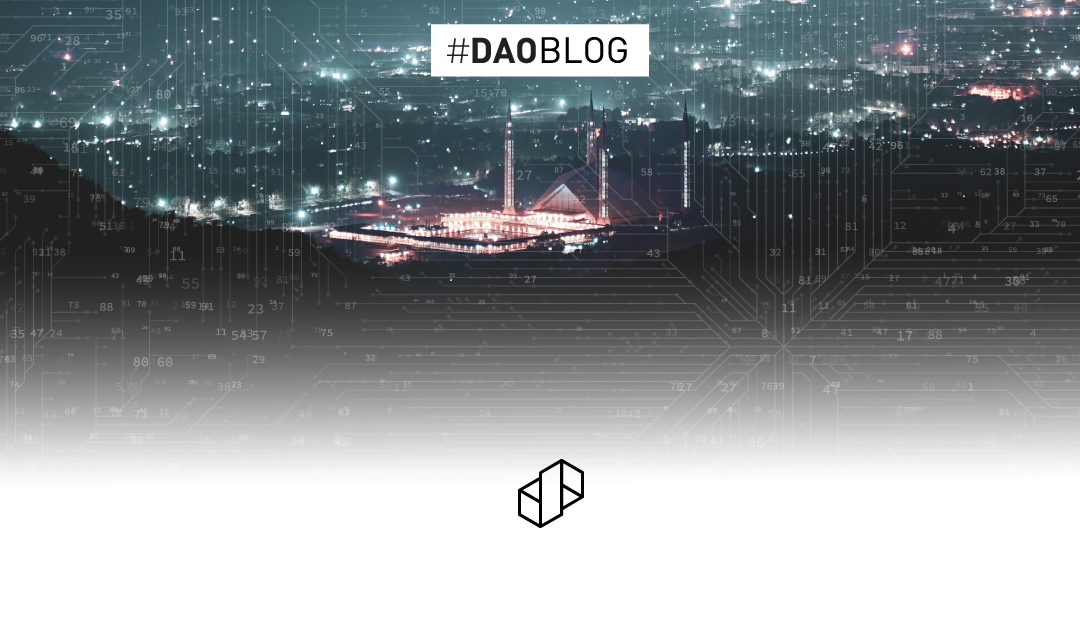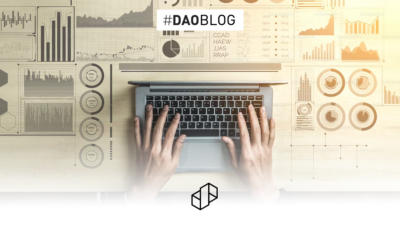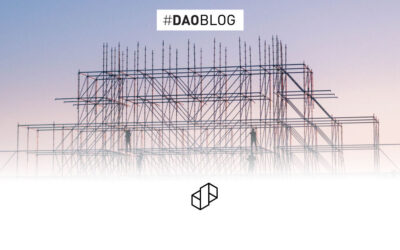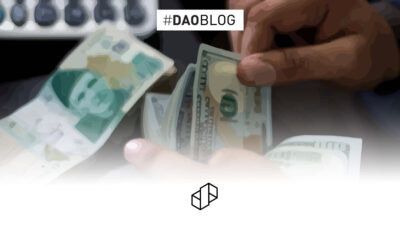From the early days of dial-up internet to the revolution of interactable domains, the internet has kept evolving into a more innovative realm to connect and communicate. This poetic twist, the internet that disrupted every industry in its wake, is now on the brink of disruption.
Pakistan is fast becoming a hub for innovative technologies and new trends. With the recent unprecedented rise in tech start-ups and IT infrastructure, it now experiences a new level of semantic infusion that will likely reform the fabric of the internet as we know it.
Over the last few years, the IT sector has progressed, foraying into some of the most transformative technologies known to this era. Pakistan fosters a potential market worth $100 billion for web 3.0. Its ever-increasing footprint has begun to empower countless start-ups, investors, innovators, and technology professionals to adopt its novel interventions. Some of its most disruptive applications have already set benchmarks in Pakistan’s PropTech industry, where blockchain-powered smart contracts are used to sell and purchase real estate.
But being a developing country still nascent to many other technologies, how does Pakistan manage to punch above weight? Here are some of the answers that we have compiled.
Pakistan is rich in talent.
For one, Pakistan stands among the leading countries with a youth bulge of digitally mature citizens. The country’s demographics are abundant, with technology graduates already working in different avenues of the IT sector. This talent has enabled Pakistan to become one of the fastest-growing freelancing markets globally and has significantly boosted its entrepreneurial and start-up ecosystem. Moreover, outflowing technical talent has dramatically excelled on international platforms, serving as an impetus for foreign investors who seek energetic and talented resources for their projects.
Thankfully, this continuous production and nurturement of technologists have largely benefitted Pakistan’s IT landscape, giving it immense business value and digital wealth. The IT sector currently contributes $3 billion to Pakistan’s economy and holds an export potential worth $12 billion.
The start-up culture
With the country’s growing start-up ecosystem, young Pakistanis have become more inclined towards entrepreneurial drives, particularly in technology. This has increased the influx of internet economy businesses, attracting a record inflow of foreign capital. This growing desire for tech innovation has fueled an outpour of local solutions providers in various segments of the IT industry, bringing numerous Web 3.0 applications into the fold.
The first to incorporate digital identity infrastructure
Surprisingly, Pakistan was one of the first countries in the global south to develop and implement a digital identity management system officially. The National Database and Registration Authority, or NADRA, was formed with the vision of digitalizing citizen identity records. It has since supported several other countries in developing their own identity systems. Over the last few months, the State Bank of Pakistan (SBP) joined hands with the Bill & Melinda Gates Foundation to develop ‘Raast’. This interoperable payment system utilizes a digital identity database to provide citizens with seamless and low-cost payment services across the country.
These technologies are helping businesses and government organizations to link payments through identity, creating a digitally effective authentication and transparency system. For example, crypto-asset investments and trading can be linked through NADRA, solving traceability and taxation problems. Similarly, real estate ownership can be verified using smart contracts through CNIC numbers on blockchain platforms. So far, it has enabled many organizations that use Web 3.0 applications to bring their operations ahead of the curve and establish legitimacy and transparency.
Impressive digital connectivity
Another key reason behind Pakistan’s growing drive for Web 3.0 adoption is that tens of millions of citizens have access to reliable internet. This is further supported by the availability and affordability of mobile computing devices such as laptops, tablets, and smartphones. As of January 2022, Pakistan recorded 82.90 million active internet users, with a penetration rate of 36.5 percent of its total population. According to an analysis by Kepios, a strategic marketing consultancy agency, Pakistan’s internet users from the year 2021 to 2022 increased by 22 million.
While there is still a long road ahead, such a massive and diverse user base of digitally connected audiences gives Pakistan a major edge in digital content consumption.
Pakistan’s growing crypto obsession
Many developments are made for the growing adoption, policymaking, and e-commerce integration of cryptocurrencies. A report published by Chainalysis last October revealed that Pakistan recorded a growth of 711 percent in the previous 12 months, making it one of the most potent crypto markets in the world.
Another research by the Federation of Pakistan Chambers of Commerce and Industry (FPCCI) showed that Pakistanis owned cryptocurrencies worth more than $20 billion, reportedly more than what the central bank has in foreign reserves.
These credentials have thrust Pakistan to the 3rd spot in the 2021 Global Crypto Adoption Index. The rankings of this index are based on three defining metrics, total crypto activity, trading activity of non-professional users, and peer-to-peer exchange trade volume. According to some estimates, this massive ingress into crypto has trumped the nation’s stock exchange investments altogether.
Blockchain in the banking sector
Realizing the growing need for a secure, transparent, and digitized money transfer system for the banking sector, Pakistan was also one of the first countries to launch its blockchain remittance service.
In 2019 blockchain-based cross-border remittance service was deployed to combat terror financing and money laundering activities in Pakistan, placing Pakistan in a few countries that use blockchain.
The Web 3.0 Summit
Binance, the world’s leading blockchain ecosystem and cryptocurrency infrastructure provider, partnered with COLABS to bring their first offline conference to Pakistan. The conference focused on future blockchain technologies and how they will improve their adoption in the recent future. The conference also featured panel discussions by some world-renowned technologists and blockchain pioneers, including Jawad Nayyar, Co-founder and CVO at DAO PropTech.
A way forward
The internet, which was a collaborative medium to read and contribute, is now moving towards the ultimate transition towards a decentralized and ubiquitous universe. PropTech 3.0 is one of its most promising extensions to reform the traditional markets, and it is the amalgamation of the most advanced technology of blockchain, artificial intelligence, and virtual reality. PropTech 3.0 is said to change the sector’s outlook and the role of different actors in it.
The transformative potential of PropTech 3.0
Marred by fraudulent practices, law-defying entities, and lack of transparency, innovators such as DAO PropTech are helping create a fair and inclusive real estate ecosystem for all. Here is a summary of how PropTech 3.0 is changing Pakistan’s real estate sector.
- Eliminating excessive profiteering of brokerages and offering cost-to-cost pricing
- Minimizing carbon footprint by supporting environment-friendly technology-based developments to be on-boarded on its platform
- Encouraging credibility and transparency by enabling the digitization of real estate ownership
- Helping offer flexible options and lowering the barrier to entry where even the common man can purchase property
- Dissemination of information on a large scale to counter illegal real estate entities
- Providing innovation in construction designs by employing the latest technologies
To read more blogs, visit our blogs page here.

Mirza Irfan Baig
Senior Content Writer





0 Comments